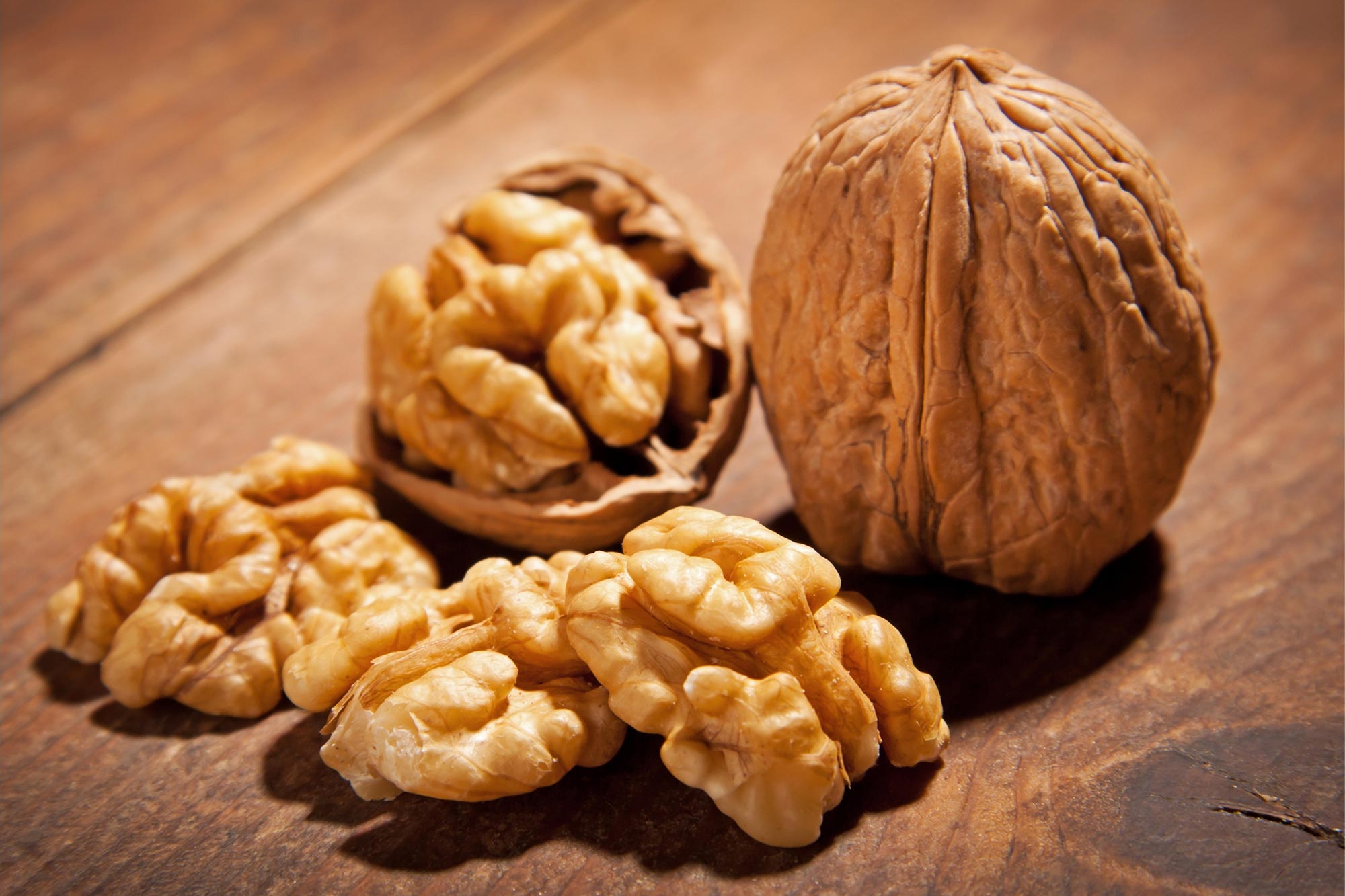Walnuts In The Morning May Enhance Young Adults' Brain Function

A new study suggests that incorporating walnuts into the morning routine may offer cognitive benefits for young adults. Researchers have found a potential link between daily walnut consumption and improved brain function, specifically in areas related to memory and attention. These findings could have significant implications for students and young professionals seeking to enhance their cognitive performance.
The research, conducted by scientists at the University of Barcelona and published in the journal eFood, explored the impact of walnut consumption on cognitive health in a group of young, healthy individuals. This randomized controlled trial adds to the growing body of evidence suggesting that dietary interventions can play a crucial role in optimizing brain function. The study's focus on young adults is particularly noteworthy, as this demographic is often overlooked in cognitive health research.
The Study's Methodology
The study involved 63 participants aged between 18 and 25 years old. Participants were divided into two groups: a walnut group, who consumed approximately 30 grams of walnuts daily as part of their breakfast, and a control group, who did not consume walnuts. The trial lasted for a period of eight weeks.
Cognitive assessments were administered to both groups before and after the intervention period. These assessments included tests measuring attention, working memory, and other cognitive functions. Researchers used standardized neuropsychological tests to ensure the reliability and validity of their findings.
In addition to cognitive tests, researchers also monitored the participants' diet and lifestyle to control for potential confounding factors. This meticulous approach helped to isolate the specific effects of walnut consumption on cognitive performance. The detailed methodology strengthens the credibility of the study's conclusions.
Key Findings
The results of the study revealed that the walnut group exhibited significant improvements in certain cognitive domains compared to the control group. Specifically, the walnut group showed enhanced performance on tests measuring working memory and attention. These findings suggest that daily walnut consumption may have a positive impact on cognitive processes crucial for academic and professional success.
Dr. Cinta Valls, one of the lead researchers of the study, emphasized the potential benefits of incorporating walnuts into the diet. "Our research indicates that walnuts can be a simple and effective dietary strategy to support cognitive function in young adults," she stated. "The positive effects observed in working memory and attention could have a significant impact on their daily lives, particularly in academic and professional settings."
The study also explored the potential mechanisms underlying the observed cognitive benefits. Walnuts are rich in omega-3 fatty acids, antioxidants, and other nutrients known to support brain health. These compounds may contribute to improved neuronal function and enhanced cognitive performance. Further research is needed to fully elucidate the specific mechanisms involved.
Significance and Implications
This study has several important implications for public health and dietary recommendations. The findings suggest that incorporating walnuts into the diet may be a simple and accessible way to promote cognitive health, especially among young adults. The study's focus on a relatively young and healthy population highlights the potential benefits of early dietary interventions for maintaining cognitive function throughout life.
Furthermore, the study's results could inform the development of targeted dietary strategies for improving cognitive performance in specific populations. For example, students preparing for exams or professionals facing demanding cognitive tasks could benefit from incorporating walnuts into their daily diet. The findings underscore the importance of nutrition in supporting brain health and cognitive function.
Limitations and Future Directions
While the study provides valuable insights into the potential cognitive benefits of walnuts, it is important to acknowledge its limitations. The sample size was relatively small, and the study was conducted over a relatively short period. Future research should involve larger and more diverse populations to confirm these findings and explore the long-term effects of walnut consumption on cognitive health.
Additionally, further studies are needed to investigate the specific mechanisms underlying the observed cognitive benefits. Researchers should explore the role of different nutrients in walnuts, such as omega-3 fatty acids and antioxidants, in supporting brain function. This research could help to identify the optimal dietary strategies for maximizing the cognitive benefits of walnuts.
Despite these limitations, the study provides compelling evidence that walnuts may have a positive impact on cognitive function in young adults. The findings add to the growing body of research highlighting the importance of diet in promoting brain health and cognitive well-being.
Expert Opinions
Dr. David Katz, a renowned expert in nutrition and preventative medicine, commented on the study's findings: "This research reinforces the importance of a balanced diet rich in nuts and other brain-healthy foods. Walnuts are a convenient and nutritious option for supporting cognitive function, and this study provides further evidence of their potential benefits."
Other experts in the field have echoed Dr. Katz's sentiments, emphasizing the need for more research on the role of diet in cognitive health. The growing awareness of the link between nutrition and brain function is driving increased interest in dietary interventions for promoting cognitive well-being. Walnut consumption, the experts suggest, could be a crucial component of that dietary intervention.
The findings of this study have the potential to impact public health recommendations and dietary guidelines, encouraging individuals to incorporate walnuts and other brain-healthy foods into their daily diets. The researchers hope that this study is a catalyst for future research in the field.
Conclusion
The study from the University of Barcelona provides promising evidence that incorporating walnuts into the morning routine may enhance cognitive function in young adults. The findings suggest that daily walnut consumption can improve working memory and attention, potentially leading to enhanced academic and professional performance. Further research is needed to confirm these findings and explore the underlying mechanisms, but the study offers a compelling case for the cognitive benefits of walnuts as part of a balanced and nutritious diet.
Ultimately, the study underscores the importance of making informed dietary choices to support brain health and cognitive well-being throughout life. With the potential for a simple dietary change to improve cognitive function, the study’s impacts could be far reaching.


















